This is the first entry in a new, long-form series designed to spark conversation about diversity, Radical Inclusion, and differences in the global Burning Man community.
Élida Bautista, PhD is the Director of Inclusion and Diversity at UC Berkeley’s Haas School of Business. She sets school-wide strategy for diversity and equity-related programs focused on students, and works to create a more inclusive school climate. Bautista earned her PhD in Clinical Psychology at the University of Michigan. Before beginning at UC Berkeley, Bautista spent 15 years developing social justice and diversity training programs at UCSF’s Department of Psychiatry. A bilingual Chicana born and raised in Chicago, Bautista moved to Ventura County when she was 13. Themes of identity politics and what people have in common across cultures have always interested her. She first visited Black Rock City in 2002 and camps with Campo Santo.
Transcript edited for clarity.
Dominique: How did going to Burning Man start to influence your work, if at all, and what about the experience affected your worldview?
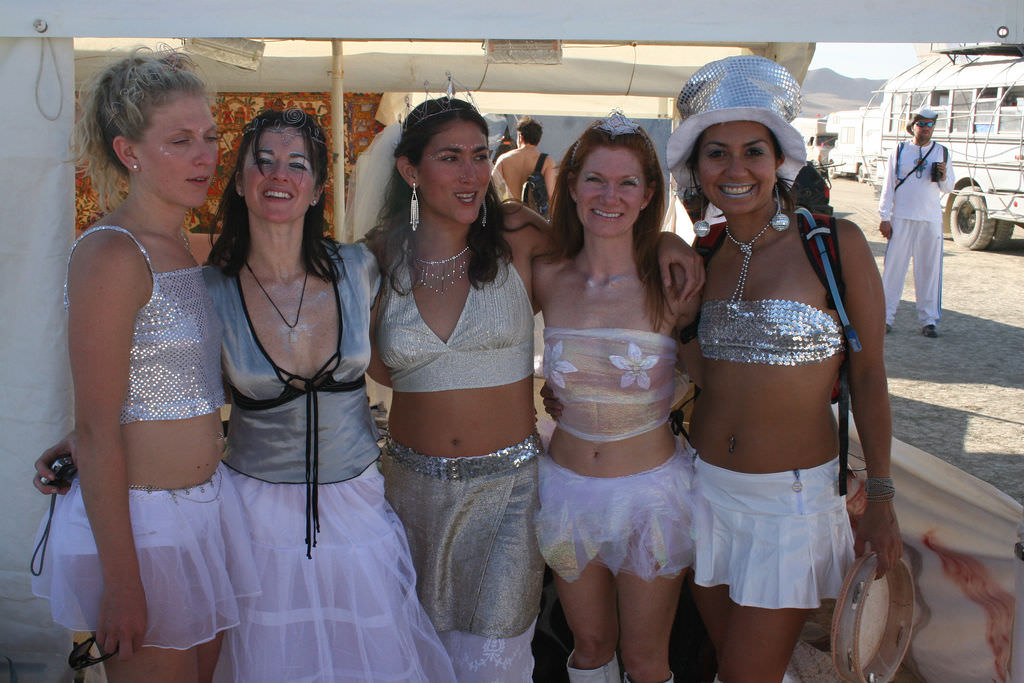
Élida: I had a lip piercing and a lot of ear piercings [in the late 90’s], and I had my hair dyed purple and blue. It was not something you did if [you wanted to be seen] as a professional. There was a perception that you couldn’t possibly be professional and look punk rock. Those were not aligned. I had my doctorate by the time I was 26 or 27, and I’m brown and I’m a woman, in a [white] male-dominated department, so I had to really dampen these parts of my identity to be taken seriously at a very young age.
So Burning Man was a place where I could recharge and feel validated, free to just be myself, and not feel like a freak. For the first time I wasn’t this oddball. I think it was more than anything this outlet that allowed me to continue to do the work I needed to do to serve communities I cared about, even though I didn’t fit into that structure.
What are some ways that Burners can take their Black Rock City experiences and Principles like Radical Inclusion and Civic Responsibility and enact them to create more diverse communities where they live?
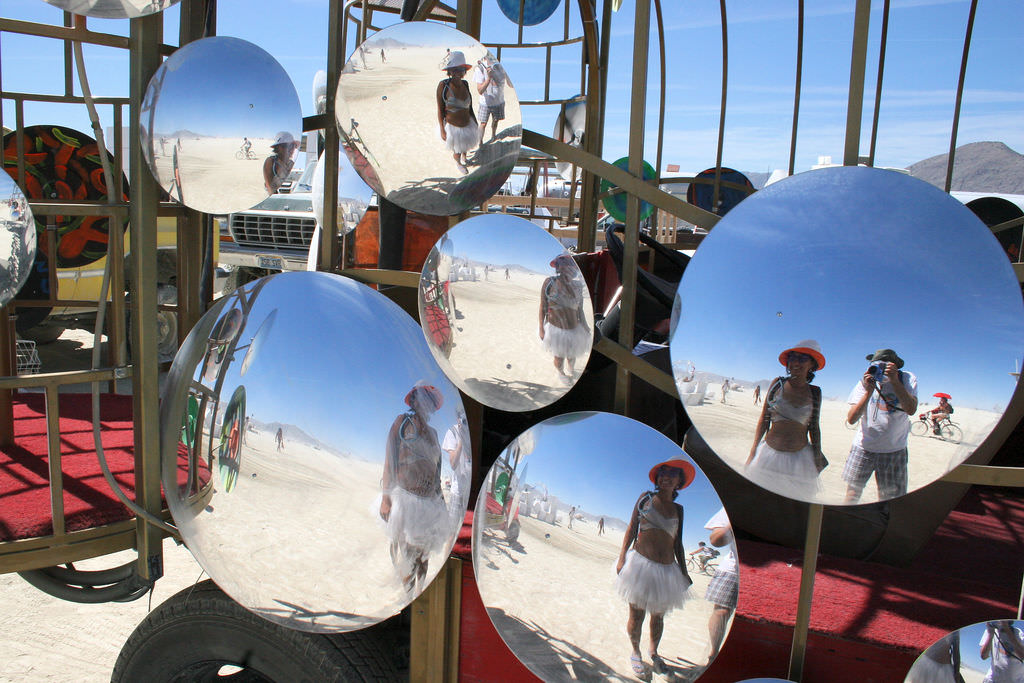
One of the things that I experience at Burning Man regularly is that you’re not on a schedule. There’s no agenda in the traditional sense. You can just kind of roam, have an encounter with somebody, and actually get into a deep conversation. It’s one of those things that can be really transformative for people.
I have a friend who owns a bar [in the Bay Area]. We were riding our bikes on playa and we ran across a tent structure art piece that we ended up hanging out under as a reprieve from the sun. A couple was also there, and they had a little speaker and a guitar. They proceeded to play some music for us. My friend had beer in her bike, so she offered them some beer. They played more music for us, we had this whole exchange.
[The couple] had no idea that [my friend] owned a bar, but they were playing exactly the kind of music that aligned with who she tends to bring to her bar to perform. So that led to her saying, “You know, look me up when you get back [to the Bay Area]. I’d love to book you.”
I said to her, you know, “Why do you think it’s different when we’re back in the city and you’re getting off at the 24th Street BART station and there’s somebody playing music? Do you ever stop and have a conversation with them and offer them a drink and actually get to know their story?”
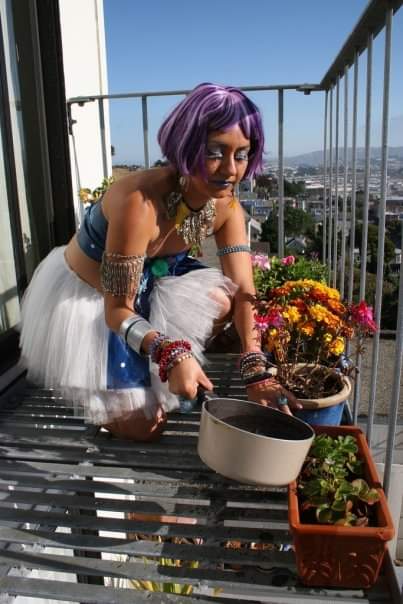
A big part of what happened [with the couple on playa] was that it wasn’t a transactional moment. They were sharing stories and that led to playing music, which led to more curiosity. That’s something people can take to whatever region they’re in. It’s one of the things that’s been demonstrated to break down barriers, prejudice, and bias: actually getting to know people that are different from you in a deeper way.
People outside of your group might have ideas about what Burners do and who we are, right? I’ve certainly had that experience with people constantly making comments and jokes about it. So I’ll say, “Well feel free to come with me. Now you’ve met somebody who’s never done drugs at Burning Man and hasn’t run around naked. There is a lot of room for everybody.”
If you’re really embodying the 10 Principles, you might participate locally by knowing what’s happening with your local schools, even if you don’t have kids, or knowing what this measure that’s on the ballot is. How is that going to impact ‘that other’ community?
Talk to somebody from that community, right? There’s an openness that many of us have at Burning Man, and how do you harness it so that you carry it out in the world in a way that allows you to learn more about other people and break down biases?
What are some things Burners, and particularly white Burners, can do some self-reflection on so that the 10 Principles and the playa experience don’t become these preachy things out in the world? How can Burners be different than the countless other groups that have misstepped in this way throughout history, by telling other people what’s best for them?
I think that’s an essential question. It enters the danger zone when people think, “The onus is on me. I’m gonna go do these great things for this community, I know exactly what they need and I’m gonna be that person.” The first step is self-reflection and self‑awareness. When I’m teaching any of this material with graduate students or staff, we always start with self‑identity.
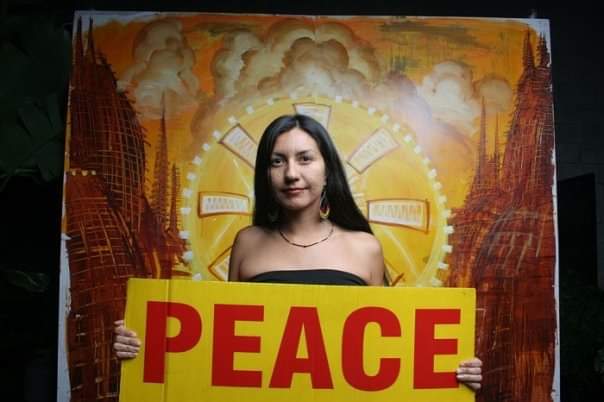 The idea behind it is increasing self‑awareness so that you’re not imposing your idea of what’s good, or normal, or healthy onto other people, but rather realizing that it’s rooted in your own context, and then approaching others with curiosity about what their context is, what their version of normal, of healthy, of good is.
The idea behind it is increasing self‑awareness so that you’re not imposing your idea of what’s good, or normal, or healthy onto other people, but rather realizing that it’s rooted in your own context, and then approaching others with curiosity about what their context is, what their version of normal, of healthy, of good is.
There are a lot of ills in our society and certainly there have been a lot of repercussions of colonization and slavery that carry on today. There are policies and institutional racism that come from people who think they have good intentions and mean well. For somebody who’s been historically marginalized, it can feel like an imposition.
So yeah, I think it’s good for folks to have those opportunities to look in the mirror. What does it mean to call yourself white? Where does that come from? Some people, depending on what part of the country you grew up in really resist that, right? They might say that they’ve got their own ethnic cultural identity, even you know, their grandparents are from Italy or whatever it might be.
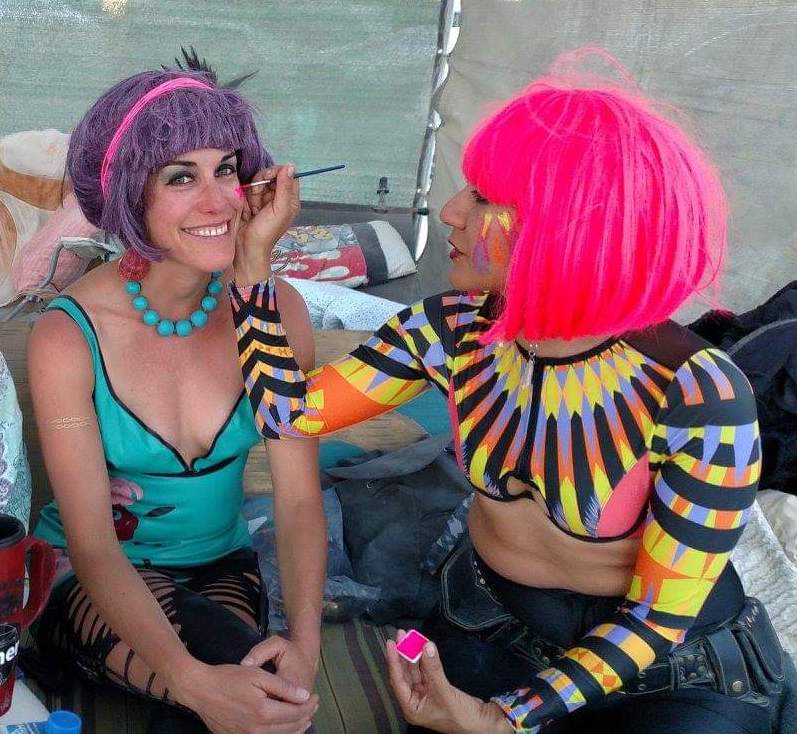
The reality is that in this country there’s privilege that comes with being a certain skin color, of being able to assimilate, and people assuming that you’re American because you are white.
Somebody could be an undocumented immigrant from Canada or Sweden and nobody will stop them and say, “Where are you really from?” You could be fourth generation Mexican and people still ask you where you’re really from.
So there’s a real need to recognize that you benefit from that privilege so that you’re not reiterating it in harmful ways.
A lot of the conversations I’ve heard around Burning Man and diversity kind of begin and end with the question, “Why don’t more people of color come to Burning Man?” The Burning Man universe is so much more than Black Rock City though. There are over 90 Regional Events and more than 280 Regional Contacts on six continents. This is a global culture. So more broadly, why does diversity matter in the Burning Man universe?
For one, what you get from having diverse experiences at the table are more ideas. So it could be that [the Burning Man community] just becomes a richer community when you reach for folks out in the margins. That’s true regardless of what space we’re talking about. There is no place I can think of that doesn’t have their own group of [marginalized populations in] that country. What I’ve found when I travel is often that’s where I end up aligning with folks. It’s this common experience of not being part of the majority, and knowing that you have so much more value than what people expect from you.

This is all just to say that this isn’t just an “American problem.” If everybody really was practicing the virtues of Burning Man in their local place, they would be figuring out how to include more voices in a way that isn’t just about borrowing different music but is actually about having people be part of a local community in a way that’s participatory and isn’t exploitative.
The other thing that sometimes comes up [in communities] is, “Well, we’ve included this group and this group, we can’t include everybody.”
Well, how do you make decisions about who it’s OK to leave out, and who’s OK to leave behind? The thing that’s true about Burning Man is that it’s not just the events or the fun.
There are other opportunities that come with being part of this community. For example, artists [may] get grants to produce something, which [may] come with more recognition and other opportunities beyond that. When you have a group of people who have access to that and [they’re] not including other people who have been producing arts in their own cultural traditions for centuries or millennia then that starts to feel like a deliberate choice.
All of this is interrelated. It might just feel like, “Oh, we’re having a great time and, yeah, sorry it’s so expensive, not everybody can go,” but if these are our virtues and principles, and we’re living this out, then we would be figuring out how to make pathways and build community with and potentially create a lot of opportunities for folks who don’t have access.
What are some of the other subtle things that people in the Burning Man community may not realize they’re doing or saying that create power dynamics or might marginalize people?
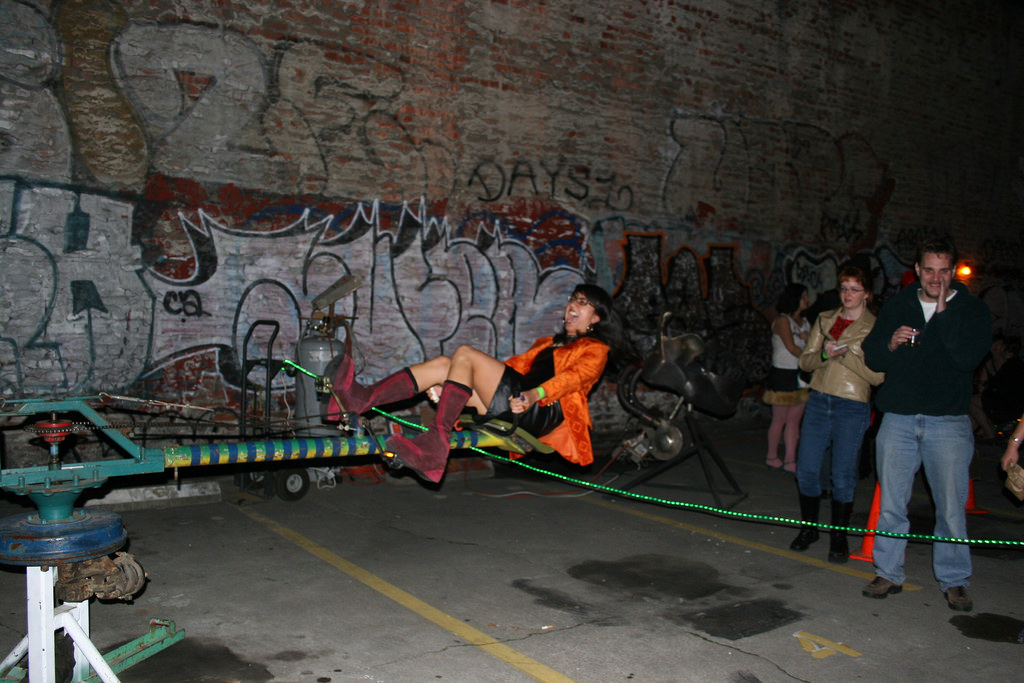
I think about moments when people want to learn about others’ lived experiences and there’s an assumption that others must have a sad, tragic story, and [the first person] wants to hear every detail and learn because otherwise “How am I ever going to learn?”
That can feel like an exploitation of somebody’s experience, of historical trauma. Think about how you’re connecting with people in a way that isn’t putting at the forefront how they’re different. What if instead, like with everybody else at Burning Man, you’re connecting on music, an outfit, or a shared experience, and not starting that conversation around somebody’s ethnic identity. There might be an opening, and somebody might be really excited to share their identity with you, but if somebody responds in a way that shuts it down, just take that as a cue that this isn’t the time and place.
I’m curious to hear your take about cultural appropriation in the Burning Man community. I’m particularly thinking about clothing, about hairstyles, about some of the electronic music being produced. Most people would say they have good intentions. They wear a print from another country because they like it, they wear dreadlocks or braids because they look cool or some women say it’s more convenient, they incorporate ethnic elements into music because it sounds good. What do you think about all of that?
The challenge with cultural appropriation is that of course there’s an aspect of admiration and beauty. Somebody wearing native tribal makeup to protect from the sun because it’s natural and blah, blah, blah. Yes, that can be true.
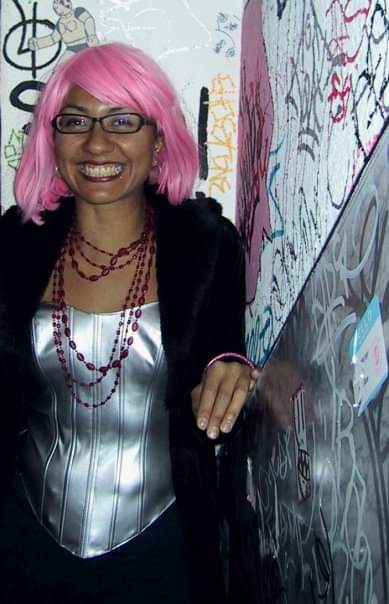
With introducing chanting or spiritual practices in a workshop at Burning Man, that’s rooted in somebody else’s spiritual or cultural tradition, and there is often a lack of acknowledgement that for people of those ethnic identities there are sometimes a lot more limitations to them being able to engage in a cultural practice of expression. Hairstyles for example are sometimes policed to the level of the courts. It’s been deemed legal in some places for a black person to get fired for having their hair in dreads at work, but for white folks it’s seen as edgy, cool, trendy. I think with the braids I’ve certainly heard from a lot of women say that it’s one way to keep your hair clean while you’re at Burning Man. Of course, right? But it comes back to not only not acknowledging that there is a privilege differential there about who’s allowed to wear their hair that way without being actively discriminated against.
There’s a big vacuum of cultural practices and identities for white people who have assimilated more toward American mainstream and potentially didn’t have access to traditions that were healing and good.
There is a level of potentially internalized shame that comes with coming from a family that was middle class and had economic stability or access or stood for something that Burning Man doesn’t stand for. In trying to push that away there’s potentially a feeling of, “Well, let me fill that void with borrowing from other people.”
I can’t help but think about what traditions some of the attendees can bring from their own cultural lineage, whether that’s Russian or British or whatever it might be. We certainly see kilts out there, and it makes sense. They’ve been modified for use on the playa.
What should people think about as they make their purchases and think about how they’re going to look when they’re out there?
It’s a real challenge. Burning Man was built to be this counterculture thing, but somehow we’ve come back around to certain looks that matter, right?
To what extent are we supporting other people in admiring versus taking? If people find things that they like, great. I would encourage people to do a little digging about what that piece is. Where is it from? Whether it’s jewelry, a hat, or a cloak, what’s the meaning behind it?
It doesn’t mean you can’t use it or wear it with pride. It just means that if somebody stops and says, “Gosh, that’s such a beautiful thing,” you don’t say, “Well, I got it at a thrift store or a department store,” and that’s the end of the story. You can actually attribute it back to the people who made it.
One of the biggest complaints I hear about Burners is that they always assume that everyone should come to Black Rock City because this whole thing can’t be explained unless you come. It’s usually a well‑meaning, well‑intentioned idea, but doesn’t always address the privilege behind it. Besides, Burning Man culture extends far beyond the event in the desert.How can we shift the conversation away from the number of people of color coming to Black Rock City as a benchmark for diversity in our community?
It’s about proactively looking for something outside of your comfort zone, the way many people do [on playa]. This can that start a whole chain reaction. Your first approach doesn’t have to be, “You have to come to Burning Man” or this idea that others can’t possibly understand it unless you’re there. If you’re doing it right and you’re replicating the Burning Man experience, you can learn to experience it the other 51 weeks.
There are many aspects [to Burner culture] that folks should be able to understand and experience before ever going to [the Black Rock Desert]. Participation in a community project can translate to people understanding what it takes to build out a theme camp. If you’re picking up litter on the street and just being responsible for the planet in your everyday life, that translates so easily to picking up MOOP at Burning Man.
If you’ve already internalized these things and shared them during the other 51 weeks, it’s not some radical concept that others have to grasp when you describe [what Burning Man is about].
What would you say to underrepresented people who are not the white Americans who make up 80 percent of Black Rock City? What would you say is different about the Burning Man community from other communities?
What I think is different about this community more so than any other majority-white community is the level of interest and openness people have.
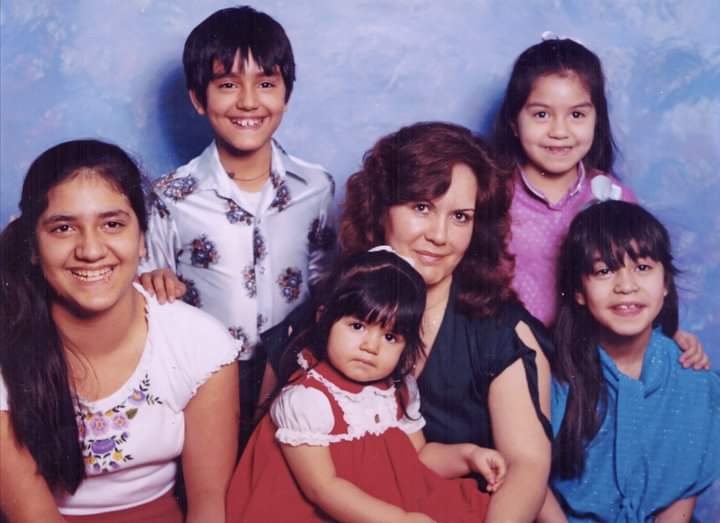
As a brown woman, when I enter a white space, there’s an automatic little bit of a shield that goes up to protect myself based on previous experiences that I’ve had in those spaces. It’s an instinctive reaction. Even though I’ve been in higher educational institutions for my whole adulthood, it’s not something you lose, it’s just that it doesn’t occur to you until you’re in that space. That’s something that is true for a lot of people of color.
The thing that has always attracted me to Burning Man is the intention Burners have of showing up to create something special for others. So much of the magic at Burning Man is rooted in creativity. So, if you’re a creative person that thrives through the arts, Burning Man is an opportunity to engage with other like‑minded folks.
[The event in Black Rock City] is also an opportunity [to be] disconnected from the rest of the world for a week in a way that allows you to be present, go deeper, and reveal some aspects of yourself.
There’s a personal journey associated with how you do in circumstances that might be somewhat uncomfortable. There are parts of us represented [in Black Rock City], and you can connect with other people who have those parts too.
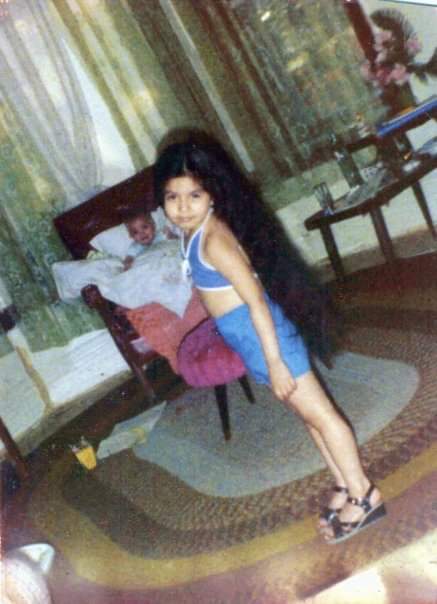
The thing about Burning Man is that it’s not static. It changes over time. I would also say that Burning Man might be quite offensive now in ways that 15 years ago it might not have been, and simultaneously, it feels like there’s a lot more intentionality by the organization to have representation of people of color at Burning Man.
So there’s a simultaneous thing happening where there’s this giant sculpture of an afro pick with a fist in the air. How freakin’ amazing to encounter that, right? At the same time, there are twenty white people with dreads taking pictures in front of it. It can feel like, “Here we are again in another space where that also happens.” Where there’s an opportunity for cultural pride or to see yourself represented [like with the Mayan Warrior art car from Mexico], and then simultaneously a feeling of being slapped in the face because somebody is wearing a Native American headdress. Yeah, I don’t know what to say about that. [laughs]
Anything you want to add?
Some people talk about music in a way that’s like, “Well my generation’s music was better than now and this is trash and I stopped listening to music 10 years ago,” or whatever it is. Similarly, you hear people all the time, say “Burning Man is over,” or “It used to be so great in my time.”
I have a lot of faith in youth and in children. There’s a creativity, a joy, and a way of looking at the world that young people have that I find inspiring and awesome and amazing. So a part of me that feels like these [cultural issues] will work themselves out. No culture is static in any part of the world. There’s always opportunity for growth. If we’re reaching for the margins of who’s included and how they’re included, then we’re heading in the right direction.
This isn’t about policing people’s choices around what they wear or how they wear their hair. It’s really about asking people to be conscious when they make those choices, to be aware of how they move through the world, and to recognize that they have privilege other people who have more pigmentation do not.
So if they’re approached by somebody who is offended, they might try to engage in a conversation about how they might use their position to advocate for the normalizing of dreads and braids for black people in the workspace, rather than just saying, “Oh, my pink dreads are just for when I’m having fun on playa,” and that’s the end of that, or “don’t accuse me of something that’s not my intention because I’m a good person and I’m a Burner.” It’s about consciously taking these opportunities.
If those intentions really are good then people will slow down to reflect, grow, and figure out what their role is in making the world a better place and not just being hedonistic about it.

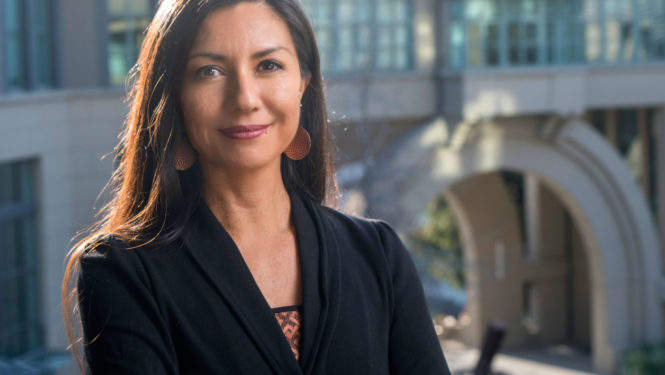
My main issue is:
Those who claim not to notice, are the ones who are always counting…
Maybe my camp and the people I work with are too diverse…
Report comment
The time has come to ban white males from the event.
Report comment
That’s like 80% of the population. Then how will a BMORG make their income??
Report comment
That’s racist!
Report comment
Now to save your asses you talk about radical inclusion with minorities 32 years into burning man? PLEASE! The desperation is obvious. BMAN is over. Move on or at least use the millions of dollars the BMORG has to buy new land for gods sake.
Report comment
BMAN is not over. I’m going this year. With a theme camp of 44. And my art car. I started in 2016. Native Nevadan who watched it from the beginning become what it is. In the 4 years I have gone, my desire to share inspiration with the world only grows stronger. People grow old. Like you. And they are the ones who are over.
Report comment
Keep telling yourself you are ‘inspirational’ by going in the desert to party. 4 Years! Wow you are an inspiration! Art Car? Camp with 44 people? Damn well you are making a difference in this world. Hats off to you!!!
Report comment
>…watched it from the beginning become what it is
That would make you old.
Report comment
Do buy land though BMorg, pretty please. :) I don’t want to see third party security and trash cans at a burn, particularly not in BRC.
Report comment
great post. i like it. feeling great when reading your post
Report comment
The part of the playa story where the bar-owning friend tells the musicians to look them up for a booking post event feels a little awkward. I’m not sure how it relates to diversity or radical inclusion, and it just seems to add more fuel to the already roaring fire of artists who perform at Burning Man to further their careers or get bookings. Beyond that, it’s a great interview. Thanks Domenique and Élida for this piece, it’s great to get others’ perspectives.
Report comment
This posts made me chuckle a bit, not out of sarcasm but it points of some good topics.
Report comment
The author seems to disparage running around naked in the desert. Part of my life is the realization that bodies are nothing to be ashamed of. The collective social shame attached to nudity amounts to yet another proof that we still live in the dark ages. Bodies are to be celebrated, used, protected, and appreciated. For me, Burning Man is a wonderful place to express this truth.
Report comment
But some people look gross naked. It’s important to remember that some people are eating out there, and it’s hard to work up an appetite. It’s like finally being able to sleep and someone on a megaphone starts talking on it next door.
Report comment
I’m pretty sure that Madison Avenue has won this argument in your estimation. But, just for the sake of discussion, imagine what life would be like if a majority of people did not consider each other to be ugly. This would, of course, be a calamity beyond measure for the fashion industry.
Report comment
That’s racist and sexist.
Report comment
If race is a social construct, why do we need people of color at Burning Man? Everyone is equal, it’s just that some people look different. POCs don’t add anything or take anything away just because they’re not white.
Report comment
So over this topic….quite frankly don’t care
Report comment
That’s racist.
Report comment
Jasmine….. Funny, our camp is freaking plethora of color, yet we keep having this diversity and inclusion argument shoved down our throat. No one is stopping any group or race from attending Burning Man. And as far as my comment being racist… Stop projecting.
Report comment
Race is a social construct. We are all the same. Time to protest.
Report comment
The rain side has a rainbow
Find someone I really love
Report comment
Jesus that was a triple helping of word salad…
Report comment
This is racist. Time to protest.
Report comment
didn’t read anything new. did not read any solutions. only blah blah blah.
with so many regionals and her round burner events, the answer remáis the same: there are not a heck of a lot of minorities at burning man on Playa ’cause there are not a hack of lot od minorities in EACH of your lives in the default world.
how many people of color did you associate with TODAY? Let us now turn to the principle of Immediacy.
Report comment
Comments are closed.